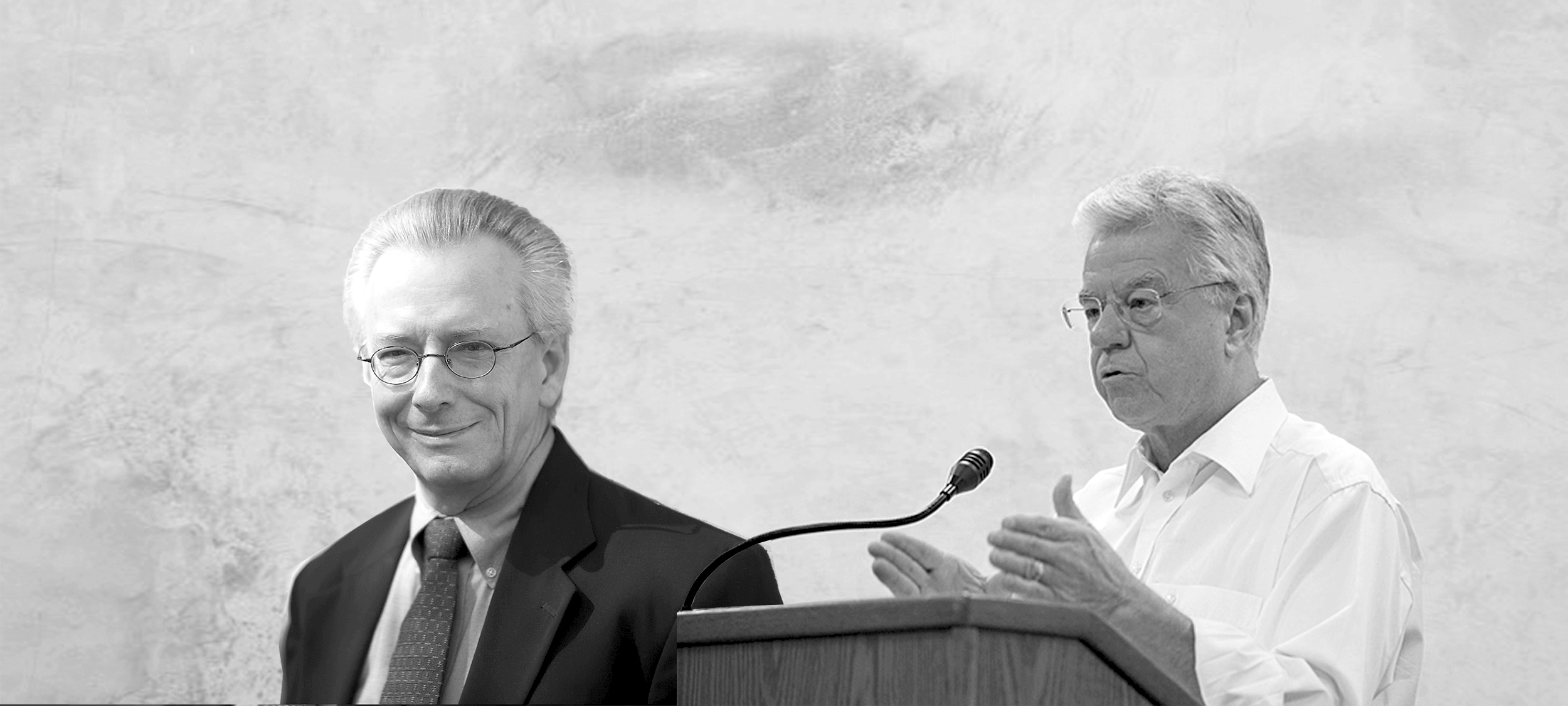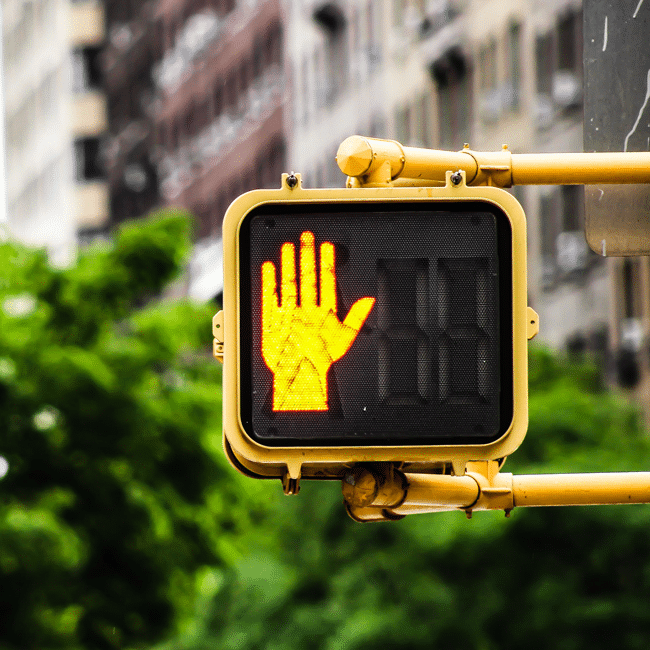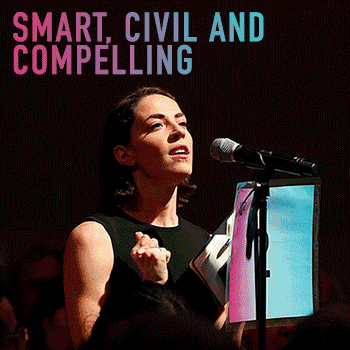I’m an expert on PTSD and war trauma but I won’t do the 22 push up challenge

I’m an expert on PTSD and war trauma but I won’t do the 22 push up challenge
Opinion + AnalysisHealth + Wellbeing
BY Nikki Coleman The Ethics Centre 27 SEP 2016
I’ve taught thousands of brave men and women at the Australian Defence Force Academy for the past six years. I’ve cooked for many of them in my home and shared a river of tea and coffee with others.
Many have been broken by their experiences in the military – for some I have literally taken the rope from around their neck, the pill bottle from their hands and talked them off the edge of a cliff. They are the walking wounded the Prime Minister is seeking to help.
Given all this, it was no surprise a friend invited me to complete the ‘22 push-up challenge’, a campaign to raise money and awareness for PTSD. 22 push ups for 22 days to represent the 22 veterans killed by suicide according to the US Department of Veterans Affairs.
But I’m not going to take part in the 22 push up challenge.
I’m a philosopher currently completing a PhD on the subjects of veteran PTSD and moral injury, so I understand the importance of awareness and support for soldiers currently serving, as well as veterans after they leave the ADF. Awareness raising is crucial for veterans because the feelings of isolation and disconnection from the civilian community can exacerbate the severity of mental health issues proceeding from trauma.
It also reflects on us as a community how well we are willing to care for those who have put their lives on the line to protect our country or innocent people overseas. Our wounded vets deserve the very best treatment, the very best care. They and their families risk everything for our safety. It goes without saying they deserve treatment to help them to heal. But although the treatment for Australian veterans with mental health issues like PTSD could be better, it is much better than for anyone else with PTSD.
Veterans are overrepresented in media coverage and funding allocations to do with trauma and mental health.
Last year a non-veteran family member suffered from PTSD. They were on suicide watch, requiring me to work from home and balance professional commitments, my academic research and the crucial task of preventing a loved one from dying. During this time hospital services were unavailable – in practice, it feels like there is simply nowhere for non-veterans to go.
If they were a veteran, it would have been different. There are specialised treatment facilities available for them, which I know because we were turned away from each of them.
I take no issue with the fact treatment is available for veterans. As I’ve said, they deserve more than what is presently available to them. However, the media attention provided to veterans is vastly disproportionate to the actual experience of trauma-related mental illness in Australia.
Most cases of PTSD are those recovering from rape and sexual abuse and the majority of sufferers are women. The majority of patients are men, in part because it could re-traumatise female survivors of sexual abuse to be in therapy with men and in part because the professions who tend to receive trauma support are male dominated. Most of our treatment facilities are also allocated for veterans with PTSD, largely because places in these treatment programs are funded by the DVA and veteran-based charities. In short, veterans are overrepresented in media coverage and funding allocations to do with trauma and mental health.
It’s not obvious why a certain group should enjoy special privileges in the civilian healthcare system.
The government recently announced a new suicide prevention initiative for ADF personnel and while it’s true there is also a broader focus on suicide prevention, women’s shelters and rape crisis centres continue to battle for funding despite the strong association between sexual assault and mental health issues.
This seems to fly in the face of standard medical ethical principles, which suggest treatment is provided on the basis of need rather than the social status of the patient. These principles would suggest the cause of trauma – whether war, sexual assault or otherwise – should have no bearing on whether a patient receives treatment in a civilian facility.
While we can make exceptions in cases where the ADF provides special support to its men and women, it’s not obvious why a certain group should enjoy special privileges in the civilian healthcare system. Those suffering the same condition are in equal need of care.
If the recent Royal Commission into Institutional Child Abuse has taught us anything, it’s how many people with severe trauma suffer in silence, unable to access the support they critically need. It’s not clear to me that veterans are the ones most desperately in need of increased awareness.
One of the advantages of awareness raising is its ability to reduce the stigma surrounding mental health and trauma. In the ADF this is crucial, because research suggests there are still high levels of stigma surrounding PTSD in our defence forces.
In the desire to fix this problem we need to be careful not to generate another one. If all our awareness-raising efforts around PTSD are focused on veterans, we risk invalidating the experiences of those suffering trauma-related mental health issues who have never been to war.
Ethics in your inbox.
Get the latest inspiration, intelligence, events & more.
By signing up you agree to our privacy policy
You might be interested in…
Opinion + Analysis
Business + Leadership, Health + Wellbeing, Society + Culture
Ethical concerns in sport: How to solve the crisis
Opinion + Analysis
Business + Leadership, Health + Wellbeing
Why ethical leadership needs to be practiced before a crisis
Big thinker
Health + Wellbeing, Politics + Human Rights
Big Thinkers: Thomas Beauchamp & James Childress
Opinion + Analysis
Health + Wellbeing, Relationships
Send in the clowns: The ethics of comedy
BY Nikki Coleman
Nikki Coleman is a PhD Candidate and researcher with the Australian Centre for the Study of Armed Conflict and Society at UNSW Canberra. In her free time she is the “Canberra Mum” to many officer cadets and midshipmen at ADFA.
BY The Ethics Centre
The Ethics Centre is a not-for-profit organisation developing innovative programs, services and experiences, designed to bring ethics to the centre of professional and personal life.
Ethics Explainer: Ethics, morality & law

Ethics Explainer: Ethics, morality & law
ExplainerPolitics + Human Rights
BY The Ethics Centre 27 SEP 2016
Some people talk about their personal ethics, others talk about a set of morals, and everyone in a society is governed by the same set of laws. They can be easy to conflate.
Knowing the difference and relationship between them is important though, because they can conflict with one another. If the law conflicts with our personal values or a moral system, we have to act – but to do so we need to be able to tell the difference between them.
Ethics
Ethics is a branch of philosophy that aims to answer the basic question, “What should I do?” It’s a process of reflection in which people’s decisions are shaped by their values, principles, and purpose rather than unthinking habits, social conventions, or self-interest.
Our values, principles, and purpose are what give us a sense of what’s good, right, and meaningful in our lives. They serve as a reference point for all the possible courses of action we could choose. On this definition, an ethical decision is one made based on reflection about the things we think are important and that is consistent with those beliefs.
While each person is able to reflect and discover their own sense of what’s good, right, and meaningful, the course of human history has seen different groups unify around different sets of values, purposes and principles. Christians, consequentialists, Buddhists, Stoics and the rest all provide different answers to that question, “What should I do?” Each of these answers is a ‘morality’.
Morality
Many people find morality extremely useful. Not everyone has the time and training to reflect on the kind of life they want to live, considering all the different combinations of values, principles, and purposes. It’s helpful for them to have a coherent, consistent account that has been refined through history and can be applied in their day to day lives.
Many people also inherit their morality from their family, community or culture – it’s rare for somebody to ‘shop around’ for the morality that most closely fits their personal beliefs. Usually the process is unconscious. There’s a challenge here: if we inherit a ready-made answer to the question of how we should live, it’s possible to apply it to our lives without ever assessing whether the answer is satisfactory or not.
We might live our whole lives under a moral system which, if we’d had the chance to think about, we would have rejected in part or in full.
Law
The law is different. It’s not a morality in the strict sense of the word because, at least in democratic nations, it tries to create a private space where individuals can live according to their own ethical beliefs or morality. Instead, the law tries to create a basic, enforceable standard of behaviour necessary in order for a community to succeed and in which all people are treated equally.
Because of this, the law is narrower in focus than ethics or morality. There are some matters the law will be agnostic on but which ethics and morality have a lot to say. For example, the law will be useless to you if you’re trying to decide whether to tell your competitor their new client has a reputation for not paying their invoices, but our ideas about what’s good and right will still guide our judgement here.
There is a temptation to see the law and ethics as the same – so long as we’re fulfilling our legal obligations we can consider ourselves ‘ethical’. This is mistaken on two fronts. First, the law outlines a basic standard of behaviour necessary for our social institutions to keep functioning. For example, it protects basic consumer rights. However, in certain situations the right thing to in solving a dispute with a customer might require us to go beyond our legal obligations.
Secondly, there may be times when obeying the law would require us to act against our ethics or morality. A doctor might be obligated to perform a procedure they believe is unethical or a public servant might believe it’s their duty to leak classified information to the press. Some philosophers have argued that a person’s conscience is more binding on them than any law, which suggests to the letter of the law won’t be an adequate substitute for ethical reflection.
Ethics in your inbox.
Get the latest inspiration, intelligence, events & more.
By signing up you agree to our privacy policy
You might be interested in…
Opinion + Analysis
Business + Leadership, Politics + Human Rights
Ask the ethicist: If Google paid more tax, would it have more media mates?
Opinion + Analysis
Politics + Human Rights, Relationships, Society + Culture
The sticky ethics of protests in a pandemic
Opinion + Analysis
Politics + Human Rights
The ethical price of political solidarity
Opinion + Analysis
Politics + Human Rights, Society + Culture










